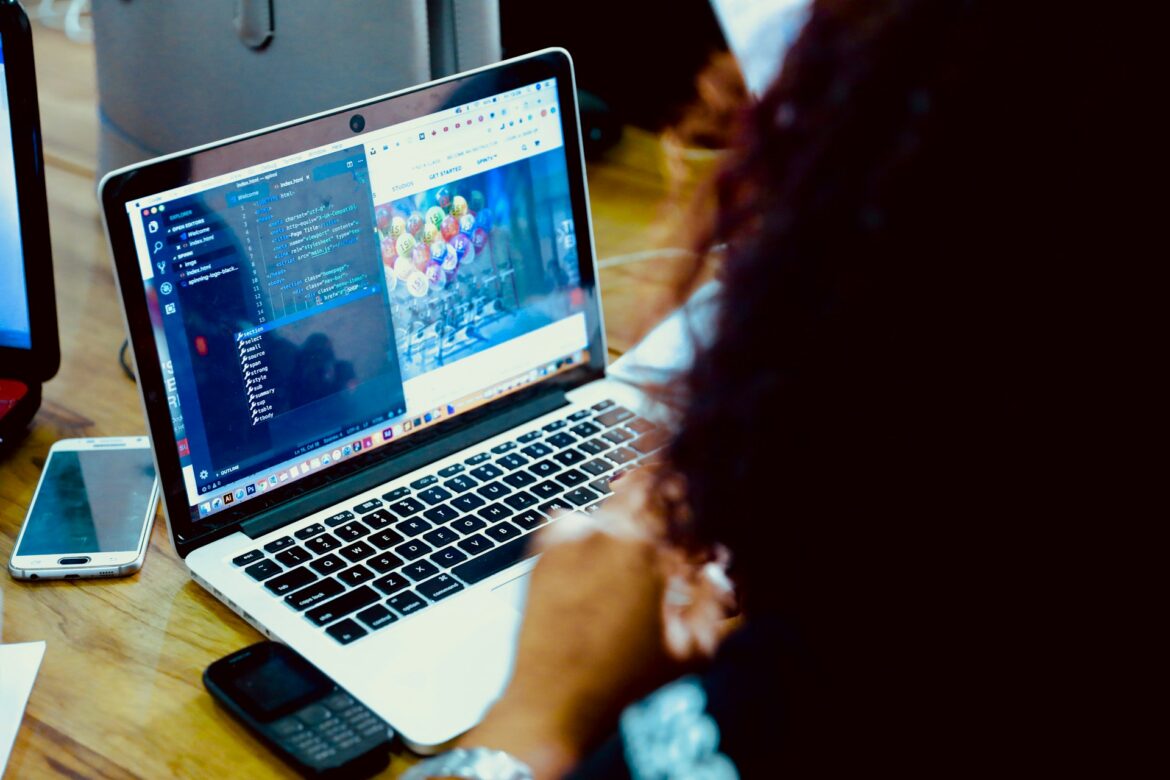Smart technology is rapidly reshaping classrooms and workplaces throughout Bangladesh, bringing new opportunities for learning and productivity. Schools and universities are increasingly adopting interactive whiteboards, digital projectors, and online learning platforms that replace old-style blackboards and textbooks. These tools make lessons more engaging by combining visuals, videos, and interactive activities, which helps students better understand concepts and stay interested. Through digital platforms, students can now access a wide range of educational resources anytime and anywhere, attend virtual classes, and collaborate with teachers and classmates remotely. This technology especially benefits learners in rural areas, where access to quality education was once limited. At the same time, workplaces across the country are embracing smart tools to improve communication and teamwork. Video conferencing software, cloud-based document sharing, and project management applications allow employees to connect easily, share ideas, and manage tasks regardless of location. These innovations enable flexible working arrangements, including remote work, which has become vital during recent times. The government has also played a key role in promoting digital literacy and the use of technology. Various training programs and workshops have been organized to equip teachers, students, and workers with the skills needed to use these tools effectively. Efforts to digitize public service delivery points are making it easier for citizens to access government services without long waits or travel. As more schools and offices adopt these technologies, the overall quality of education and work environments improves. The increased use of smart devices not only boosts productivity but also prepares Bangladesh’s younger generation for a digital future. Challenges remain, such as ensuring affordable internet access and providing devices to all, but progress continues steadily. Experts believe that the integration of smart technology will create a more innovative and competitive Bangladesh by enabling better learning experiences and more efficient workplaces. This transformation is expected to open new opportunities for individuals and businesses, contributing to economic growth and social development. Overall, the rise of smart classrooms and tech-driven workplaces marks a significant step forward for the country. It reflects a commitment to embracing modern solutions that connect people, improve education, and make work more flexible and productive. With continued investment and support, Bangladesh is poised to become a leader in digital education and smart working environments in the region.
Smart Technology Transforms Education and Workplaces Across Bangladesh
35


